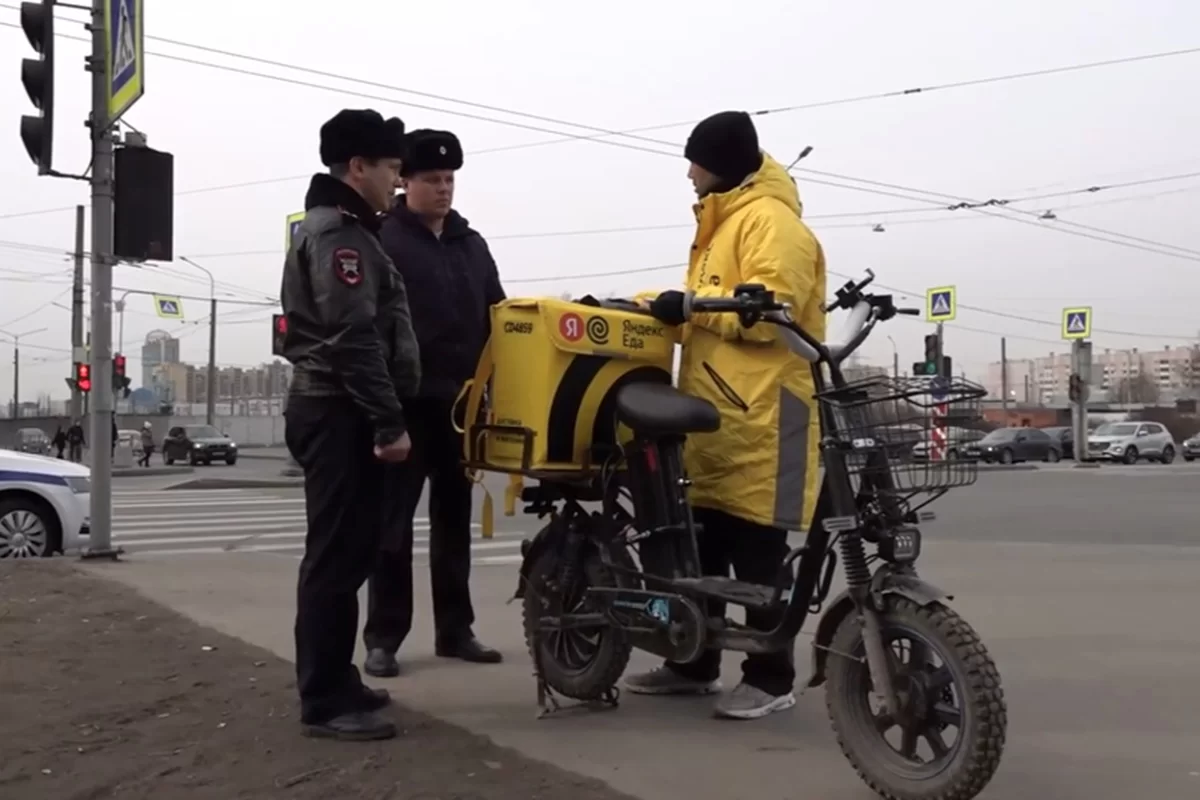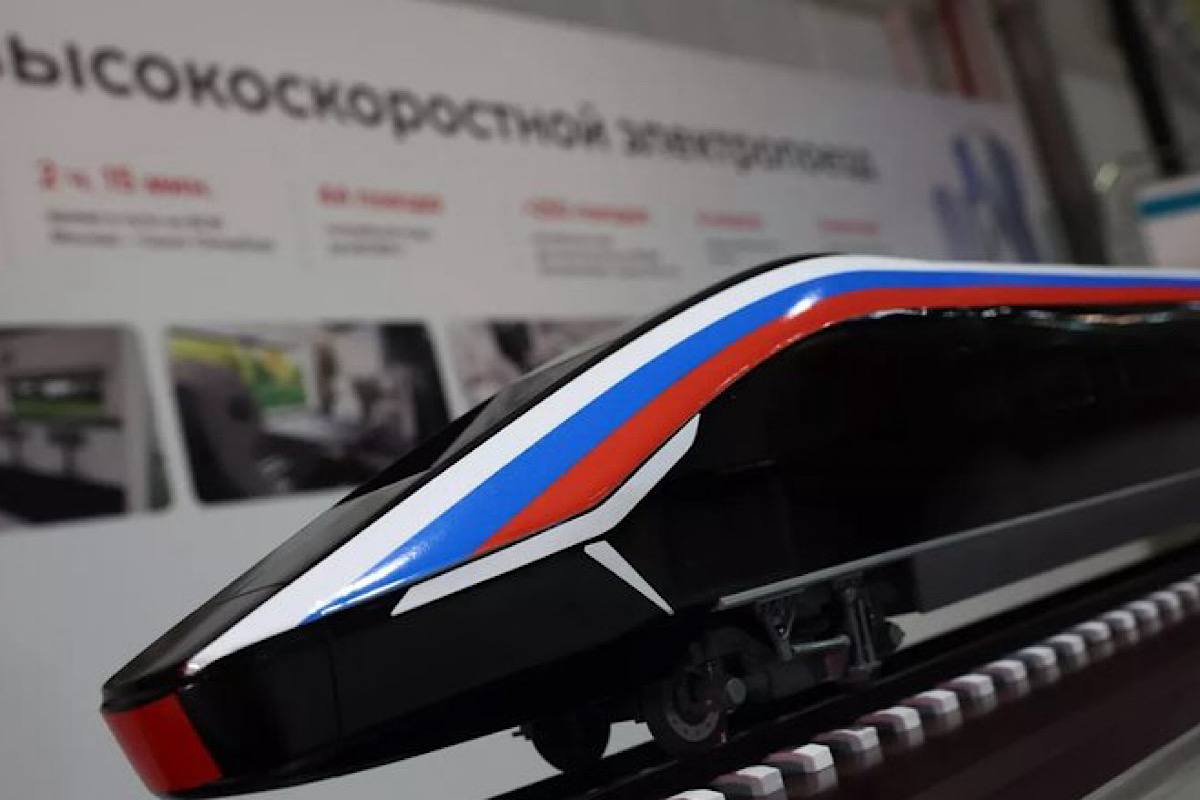This summer, it is planned to launch large-scale construction work on a number of sections of a prospective high-speed railroad, which is designed to significantly reduce travel time between Moscow and St. Petersburg. This was announced by Vitaly Savelyev, Deputy Prime Minister of the Russian Federation, during an extended board meeting of the Ministry of Transportation.
Note that preparatory work for the construction of the HSL was started last year simultaneously with the launch of the third stage of the large-scale Eastern Polygon expansion project, which is of strategic importance for the development of the country's transportation infrastructure.
This year the implementation of both projects will be continued on a priority basis. In addition, the Ministry of Transport plans to focus on creating favorable conditions for increasing the volume of passenger and freight traffic, as well as on modernizing the public transport fleet in Russian regions.
The third stage of the Eastern polygon modernization includes large-scale reconstruction of the railway infrastructure of the Baikal-Amur Mainline (BAM) and the Trans-Siberian Railway (Trans-Siberian Railway), which will make it possible to increase the throughput capacity of these transport arteries from the current 180 million tons to 270 million tons by 2032.
Roman Starovoit, head of the Ministry of Transport, characterized the Vostochny Polygon development project as the largest infrastructure project for the next decade.
“The start of construction of Russia's first ever high-speed railroad has become one of the key events of 2024. Already this summer, construction work will be deployed on several key sections of the HSR. This project will undoubtedly become the most important infrastructure megaproject for the country,” emphasized Deputy Prime Minister Vitaly Savelyev.
According to preliminary plans, commissioning of the high-speed highway connecting Moscow and St. Petersburg is scheduled for the second quarter of 2028.
Meanwhile, St. Petersburg has seen an increase in demand for fitness club subscriptions, and the St. Petersburg metro fleet will be replenished with 15 modern trains of the Baltiets series.
Author: Наталья Чудесатова


